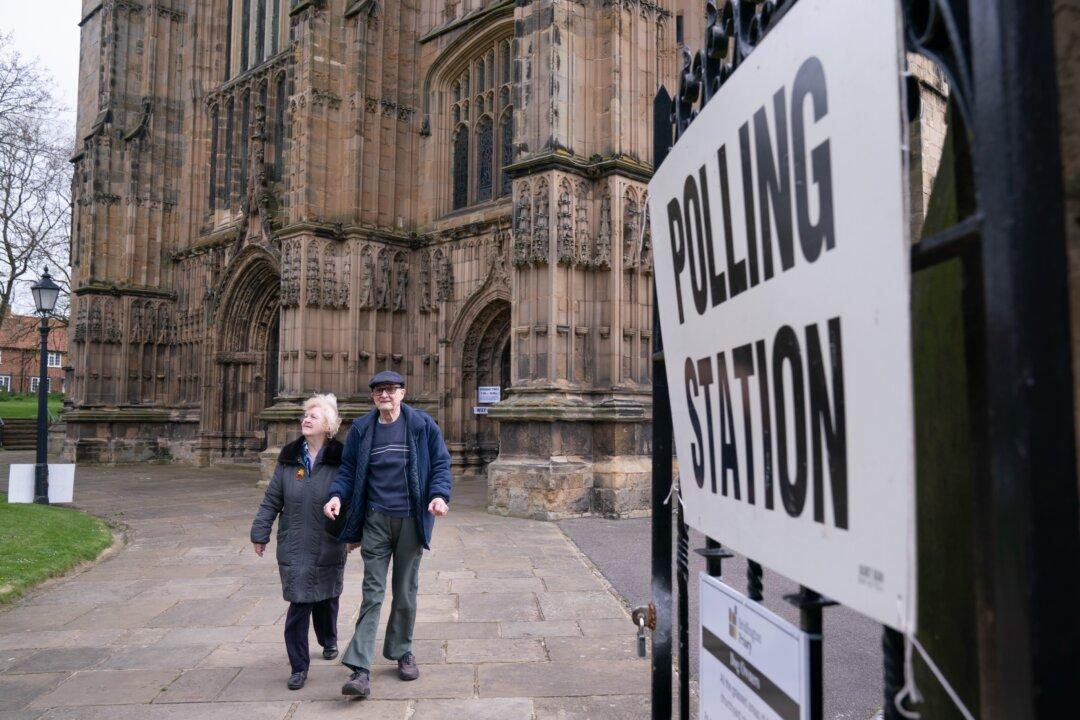This year’s local elections are under way in England, which mark the first time it has been compulsory for all voters in England to have to show photo identification when arriving at polling stations.
Prime Minister Rishi Sunak is set to face his first major electoral test since entering Number 10 Downing Street just over six months ago, as more than 8,000 council seats in England are up for grabs across 230 local authorities, ranging from small rural areas to some of the largest towns and cities.





